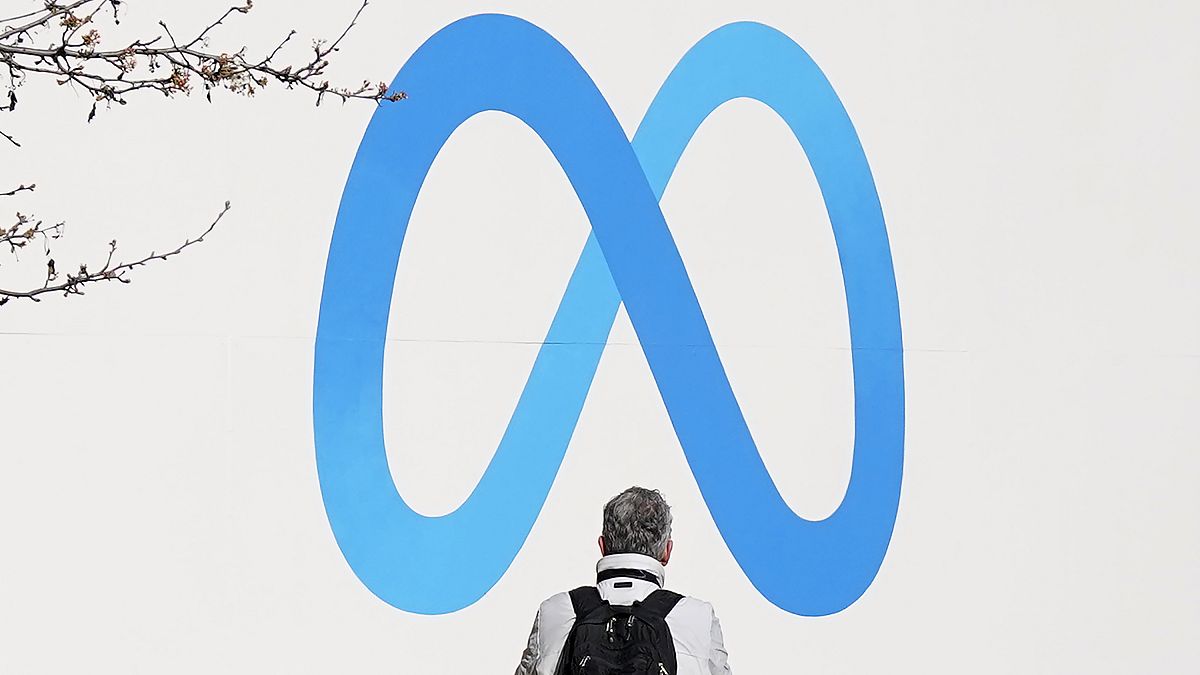In a surprising turn of events, OpenAI’s board of directors has dismissed CEO Sam Altman, citing concerns about his openness with the board. This move, occurring amidst a period of intense scrutiny and growth for the artificial intelligence leader, marks a significant shift in the governance of one of the tech industry’s most influential companies.
OpenAI, known for balancing its roles as a cutting-edge tech startup and a nonprofit ensuring AI benefits humanity, has faced unique governance challenges. This dual structure is not unusual in the tech world, with organizations like Signal and the Raspberry Pi Foundation adopting similar models. However, OpenAI’s situation is distinguished by its complex relationship between its funding sources, such as Microsoft’s $13 billion investment, and its controlling nonprofit board.
Governance tensions and the nonprofit dilemma
The core of the issue lies in the growing disconnect between those funding OpenAI (predominantly Microsoft) and those in control (the nonprofit board). This strain culminated in the board’s decision to remove Altman, a move initially met with Microsoft’s resistance. At the heart of this struggle is a broader conversation about the nature of nonprofit governance, particularly in organizations with significant market influence and public interest.
The governance model at OpenAI, where a board without a broader membership base holds the reins, is increasingly common yet often misunderstood. In such models, the board is self-perpetuating, with members appointing their replacements, potentially leading to a lack of external accountability. This setup contrasts with membership-driven nonprofits, where a broader base elects the leadership, providing a check on the board’s decisions.
Broader implications for climate and environmental nonprofits
The upheaval at OpenAI serves as a cautionary tale for the climate and environmental sectors, which are replete with nonprofits. These organizations often operate under similar “board-only” models, raising questions about their vulnerability to arbitrary decision-making and the potential for misalignment with their stated missions.
The transition from member-driven to board-only nonprofits has been a notable shift in American civic life over the past decades. This change, as observed by political scientist Theda Skocpol, has led to an environment where centralized, professional leadership replaces broader, grassroots involvement. This shift has implications for how these organizations engage with public discourse and policy-making, particularly in areas like climate change, where public interest and action are critical.
The dominance of board-only nonprofits in the climate space underscores a reliance on a small group of leaders and funders. This reliance can lead to skewed perspectives and decisions that may not align with broader societal needs or the most effective climate action strategies. The situation at OpenAI exemplifies the risks inherent in such governance models – risks equally pertinent to organizations driving critical environmental initiatives.
Looking ahead
The recent events at OpenAI highlight nonprofit governance’s complex and often opaque world, especially in influential sectors like technology and environmental advocacy. As these organizations play pivotal roles in shaping policy and public opinion, the need for greater transparency and accountability in their governance structures becomes increasingly apparent. The lessons from OpenAI’s leadership change extend far beyond artificial intelligence, offering vital insights for all nonprofits navigating the delicate balance between governance, funding, and mission fulfillment.





